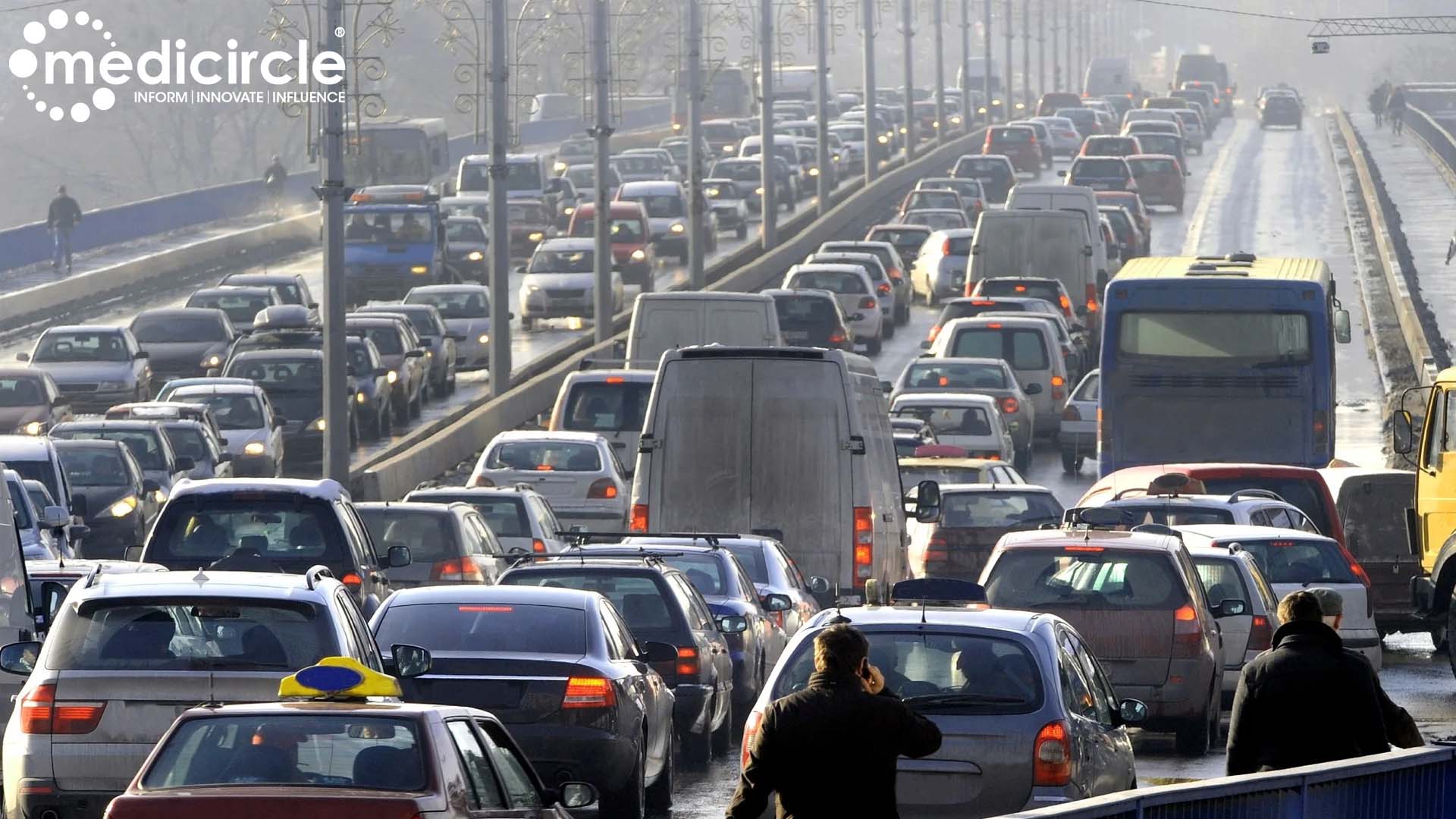Recent research has revealed a concerning connection between traffic noise and the risk of developing cardiovascular diseases, including heart attacks and strokes. A team of international researchers has reviewed epidemiological data, which highlights the significance of recognising traffic noise as a risk factor for cardiovascular conditions.
The Impact of Traffic Noise on Cardiovascular Health: The study found compelling evidence linking traffic noise to the heightened risk of cardiovascular diseases. For every 10-decibel increase in road traffic noise, there was a 3.2% increase in the risk of developing cardiovascular conditions, such as heart attacks, strokes, and diabetes. Night-time traffic noise, which disrupts sleep and elevates stress hormone levels, was particularly highlighted as a contributor to inflammation, high blood pressure, and vascular diseases.
Insights from Lead Author, Professor Thomas Munzel: Professor Thomas Munzel, senior Professor at the University Medical Centre Mainz, Germany, and lead author of the study published in Circulation Research, emphasized the importance of recognising traffic noise as a significant risk factor for cardiovascular diseases based on strong evidence. This recognition highlights the urgent need for action to mitigate the impact of noise pollution on public health.
Strategies to Mitigate Traffic Noise: The researchers also proposed effective strategies that local authorities can implement to reduce traffic noise from road, rail, and air traffic. Erecting noise barriers along busy roads in densely populated areas can reduce noise levels by up to 10 decibels, significantly mitigating the impact of traffic noise on nearby residents.
Additionally, constructing roads using noise-reducing asphalt has been shown to reduce noise levels by 3-6 decibels, offering a tangible solution to combat traffic noise pollution. Limiting driving speed, promoting the use of low-noise tyres, and encouraging alternative transportation methods such as bicycles, shared rides, and public transport can also contribute to lowering urban road traffic noise at the individual level.
Addressing Aircraft and Rail Traffic Noise: For reducing aircraft noise, the researchers recommended optimizing air routes using GPS to direct flights away from densely populated areas. Imposing bans on night-time take-offs and landings can also significantly reduce air traffic noise pollution. Regular maintenance of railways, including brake upgrades, was advised to lower rail traffic noise and enhance overall public health.
The Importance of Noise Control Efforts: Professor Munzel emphasized the critical role of noise control efforts and noise reduction laws in safeguarding public health, especially with an increasing proportion of the population exposed to harmful traffic noise. Even post-pandemic, addressing traffic noise remains a priority for future public health initiatives.
In conclusion, this study highlights the urgent need for comprehensive measures to mitigate traffic noise pollution and protect cardiovascular health. By implementing effective strategies at the local and individual levels, we can work towards creating quieter and healthier urban environments for everyone.

 For every 10-decibel increase in road traffic noise, there was a 3.2% increase in the risk of developing cardiovascular conditions, such as heart attacks, strokes, and diabetes.
For every 10-decibel increase in road traffic noise, there was a 3.2% increase in the risk of developing cardiovascular conditions, such as heart attacks, strokes, and diabetes.










.jpeg)




.jpeg)

.jpg)













